Light
Read the following story to hear how God is using our internship in the Middle East.
Light dawned in the old city, and for the first time, light pierced the day old eyes of a baby girl. Her mother knelt among the blankets her child laid swaddled in, whispering dust-covered Arabic into her daughter's tiny ears. With a sigh, the mother lifted her baby into her arms, a movement so practiced from the first nine children who had come before it looked like poetry. She looked into brown eyes and said, "Ifnan."
The city watched Ifnan with careful eyes, observing her as she lay wrapped in heavy blankets that August afternoon, and it continued to watch her as the days changed into nights and the years went by. She grew up and she got taller, she became bolder, flourishing like one of the weeds that cracked the grey sidewalk. She was mainly a quiet, obedient little girl, who seemed to fade into the crowd of the millions who she shared her city with. While mainly unassuming, there was one thing about her that caught the eye: her long, beautiful hair which was her prize. It was the first thing she learned to be proud of. She began venturing farther out into the world she had been born into, her hair swinging behind her like a curtain that would protect her from danger. She walked between the towering brown concrete buildings, watching the pigeons whirling from the rooftops and the boys in the street with their soccer balls that bounced on cracked pavement. The clanking, heavy sounds of life pounded on her ears day by day; the music-like chants that came morning, afternoon, midday, night, and midnight; the loud honks of angry, cigarette-fueled taxi drivers; the sounds of her city were as a song to her. The city was as light to her.
When she was older, her mother told her it was time to cover up her pride, and she began to hide her hair from the world. It was the thing she was best at, having beautiful hair, and this first ending closed off a small part of Ifnan's heart. Although she couldn't have beautiful hair anymore, she tried to be good at everything else. She tried to be a good student, a good daughter, a good Muslim. She sat at her uncle's feet and listened to his thoughts about religion, taxes, the King. She carried home armloads of apples and oranges, she rose early to pray, she looked down when she passed a boy in the street. She learned the ways of her city, but this city that greeted her eyes every morning wasn't as light as she remembered from her first years. With time, she forgot how the air looked without the haze of cigarette smoke clouding it. She never shaded her eyes anymore, because the light was dimmed.
One evening, crowded into a rug-lined living room with all the ladies of the neighborhood, Ifnan combed through her hair, alternating gossiping and sipping her cup of tea. The binding scarves that belonged to all the women were lying forgotten on the rugs as the ladies exulted in an afternoon of freedom. A woman began playing with Ifnan's hair, threading the thick strands around her fingers like a snake. Their shadows played on the wall, illuminated by the kerosene lamp that flickered dimly, lit by fading oil. Ifnan watched as the woman's shadow elongated, stretched, morphed into something unrecognizable; she felt, for a split second, that she had forgotten something very important and could almost see her mother’s angry expression; and then all was searing, grinding pain, like the sun had descended from the sky and perched on top of her head. As blackness crossed her vision, she looked down and saw beautiful black strands flung, charred, across the floor amongst the headscarves. But this could not be a part of her, could it? For her hair was her prize, alive and stunning, and these strands looked like piles of dust.
Much later, Ifnan stared into the mirror. Her eyes were too stunned to cry; instead, she just looked. Her scalp was shorn, stained by jealousy. Her hair was gone, torn away by the acid the neighbor woman had showered it in. Angry red streaks of fire spiked across the back of her skull, and finally, after looking for what seemed like an eternity, Ifnan's eyes began to mourn her loss of dignity. Crouched in front of the mirror, squinting because the light had faded from the room, Ifnan cried for the world she had once loved, when her hair was long and her city was light.
But the cars kept driving, the men kept calling from the rooftops, the bread was thrown onto the sidewalk, the people continued making bitter cups of coffee; life went on, despite the tragedy Ifnan felt every time she was betrayed by her own reflection in a passing window or puddle. Her scarf became a treasure, a shield to hide her from the world. The world seemed so dark to her eyes, unfolding in tones of grey and brown. When a cousin came to talk in hushed tones in her living room and Ifnan's father approached her with smiling eyes, Ifnan agreed to marry the man she had never met. When her husband held her at night and smiled into her eyes, Ifnan agreed to carry the babies he wanted. When the babies cried every night, Ifnan held them and looked up at the stars that peeked through the haze, and even though it wasn't prayer time, she prayed for lighter days.
Perhaps the God she had never seen had heard her prayers, Ifnan dared to believe one day at the market. It was there that she first met Marie, a foreigner with a smile like the sun. Her hair was a cloud of golden curls, her skin light and soft; but her voice was loud and strong, and she asked Ifnan her name. When Marie sat in Ifnan's living room later that day and sipped the offered tea, the room seemed lighter to Ifnan than it had in years. Marie spun lovely tales of gold for Ifnan to listen to; stories of a man who brought light into a dark world. The stories made Ifnan feel like she had been missing something her whole life. She threw up hastily built walls to block out the feelings these whispered stories seemed to grow in her heart, words of defense she had heard since she was a little girl that flowed from her lips like she was reading from a script. She watched, amazed, as Marie returned day by day, to hold her babies and hold her secrets, to braid the small bits of hair that began to grow on her head, to ask questions that made Ifnan cry because no one had ever asked them before. This love was lighter than anything else Ifnan had seen, and she found herself unloading her dark heart to make room for it.
Marie gave her a book, a book of light that felt like a secret and read like love poetry every time Ifnan cracked it open to peek inside. Marie told Ifnan one day that she had to leave and go back to her home country; she held Ifnan while she cried and then left, looking over her shoulder with wet eyes and the same bright smile. Ifnan felt for a few days like someone had poured acid into her life and turned out the lights again, but then she remembered the last thing Marie had given her, the book of light. She returned to the book and dove into the pages every day, to escape the world that had burned her, and there she found a flowing stream of water that soothed her wounds. Every day, she learned more about the God of the universe, who was not, as she had thought all these years, a faraway creator with little thought for his creations. He was, the book said, a Father who cared deeply for his children. Marie would never know it, but one evening the city watched as Ifnan, alone in her room, decided to become a person of light herself. Tears streaming down her face, she pulled her scarf into her lap and laughed into the mirror that had taunted her for years. The city was still dark and she still wasn't good at anything, but she was no longer scared because she no longer needed to be good. The lightness she craved had made its home inside her heart. The man from the old stories beckoned her forward, leading her tenderly as a daughter, into a life of unending light.


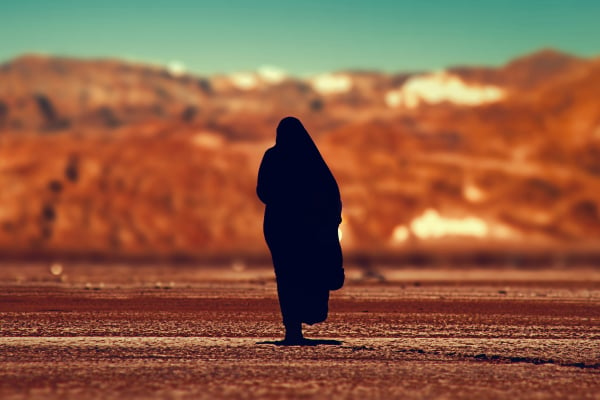
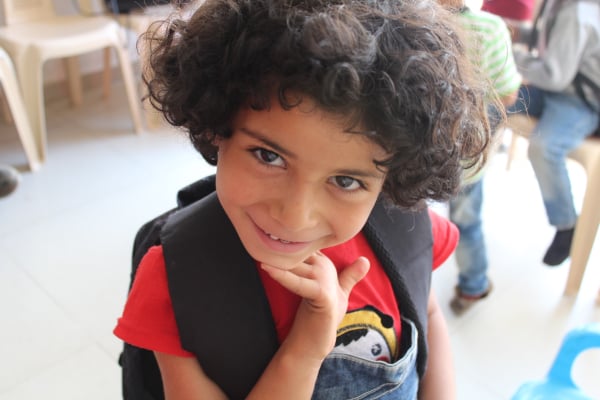
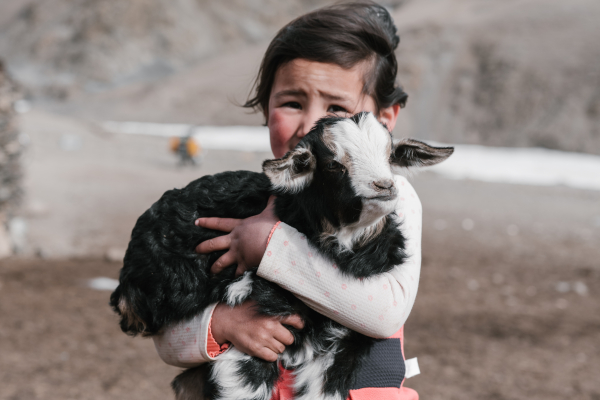
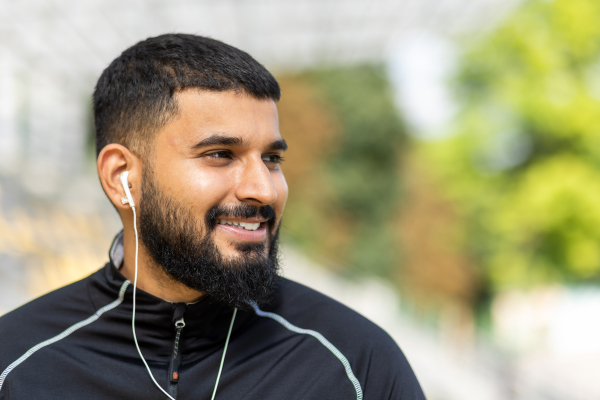
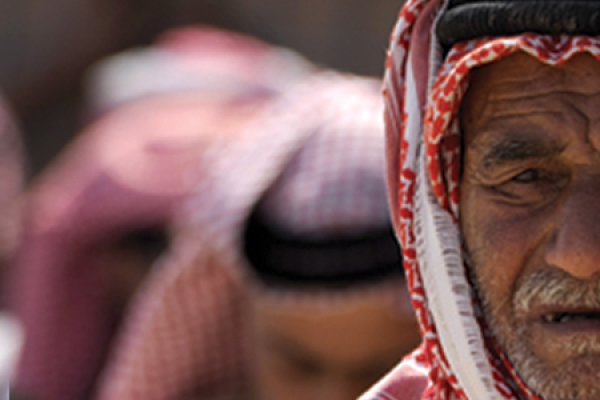
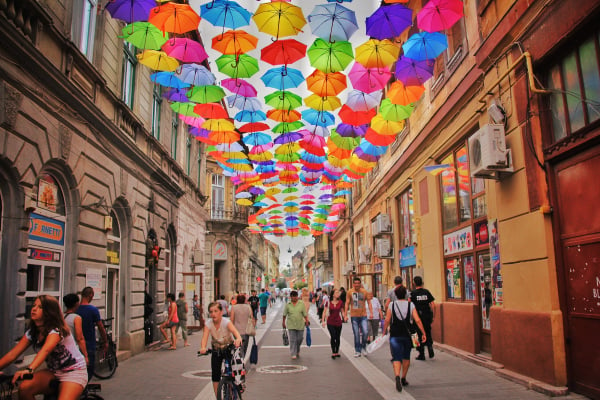
.png)



